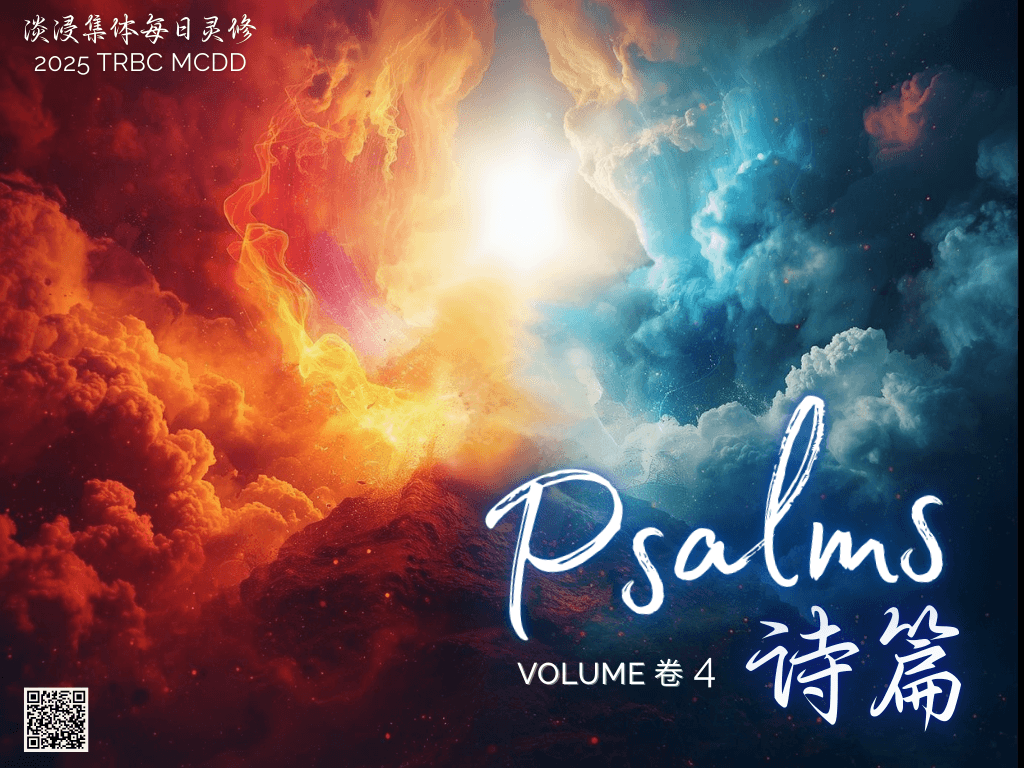Last 5 Days

God is holy

Click here to read Ch99
This is one of those hymns that magnifies the kingship of God over all of His creation. Psalm 99 highlights the aspect of God’s holiness as written in verses 3, 5 and 9. Verse 1 opens the Psalm with the image of God being enthroned by His cherubim angels. This is a picture of the ark of the covenant in the Holy of Holies in the temple of God. The two cherubim in the form of carved sculptures stand on both sides of the covenant. When the high priest enters this Most Holy Place once a year to offer the sin offerings for the people, God will appear above the ark in between the cherubim. The sovereign power of God moves the earth and instils the reverential fear towards Him in the hearts of the people. This Psalm can be next divided into two sections for our meditation.
Verses 2-5 relates God’s sovereignty over the nation of Israel. Zion in verse 2 represents the city of David in Jersualem. Jacob, the patriarch whom God also named him as “Israel” which is the name of the nation. Jacob is the father of his twelve sons: Reuben, Simeon, Levi, Judah, Dan, Naphtali, Gad, Asher, Issachar, Zebulun, Joseph, and Benjamin. And the names of these twelve sons became the names of the twelve tribes of Israel. Verses 2-3 voices out the Psalmist’s wish for the nation Israel and the peoples in the world to exalt the Lord as the Most High God. Verse 4 highlights some key attributes of God - He loves justice and establishes equity. It also specifically mentions that He executes justice and righteousness in His dealings with Israel.
Verses 6-9 begin by introducing the priestly leaders, Moses, Aaron and Samuel whom God appointed over Israel. It is very encouraging to read that when these leaders called upon God, He answered and spoke to them. Verse 8 also tells us that besides being gracious, He is also God of wrath who will not condone sins; all wrongdoings will be dealt with accordingly. We can read from the narrative accounts of these three leaders - how they had sinned and how God punished them as a result.
Let us, for example look at the life and leadership of Moses (Num 20:10-13). God called him to lead the nation out from their slavery in Egypt to the promised land of milk and honey. He was a great leader who humbled himself before God except on one occasion. God instructed him to speak to the rock to call out water to quench the thirst of the people in the wilderness. But his impatience and anger with the people provoked him to hit the rock with his staff instead. Because of his irreverent act of treating God’s word with contempt, Moses could only see the promised land from afar as he was unable to step into the promised land.
Both these two sections end with the Psalmist instructing the people to exalt the Lord their God (verses 5, 9).
Dear brothers and sisters, this Psalm is a good reminder for us not to undermine the holiness of God in our lives. In the same way how God relates to the leaders and the people of Israel, He would likewise expect us to know that He is both our God of love as well as the God of wrath. When we obey Him, we can understand and experience His love with grateful hearts. But when we disobey and refuse to walk in His way, we are to be warned about His anger and wrath.
Prayer
Dear God, I thank you and praise you that I have come to accept Christ as my Savior and Redeemer. I want to live a life that fears your holy name and to remain humble before you. I pray in Jesus’ name. Amen
